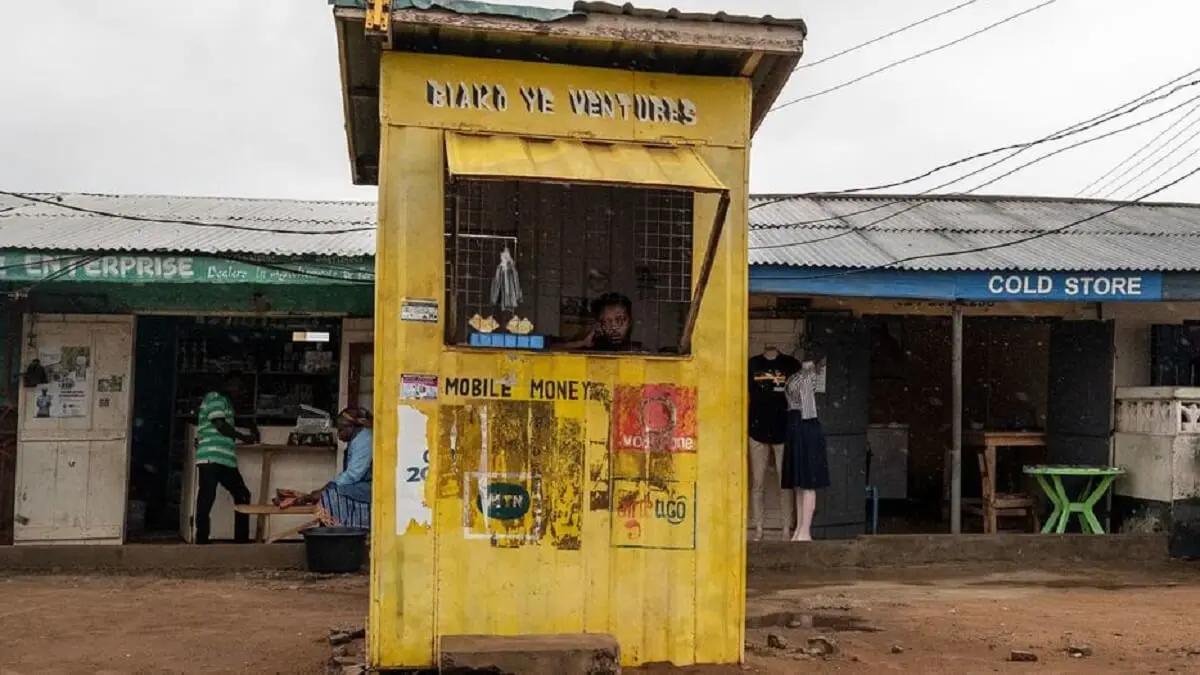High levels of debt are disastrous and impede the development of many countries

"Half of humanity lives in countries that are forced to spend more on servicing their debt than on health and education, which spells nothing less than a development disaster," UN Secretary-General António Guterres stressed as he launched a new report by the UN Global Crisis Response Group on Wednesday.
The study "A World of Debt" notes that 52 countries representing 40 per cent of the developing world are in "severe debt distress", and calls for urgent fiscal relief for these economies.
Last year, global public debt reached a record $92 trillion, with developing countries owing 30% of that total, an amount António Guterres called "disproportionate".
The analysis indicates that public debt has risen faster in developing countries than in industrialised countries over the past decade and explains that the increase in the developing world has been mainly due to growing development financing needs, exacerbated by the COVID-19 pandemic, the cost-of-living crisis and climate change, and by limited alternative sources of financing.
As a result, the number of countries facing high levels of debt has risen sharply from just 22 countries in 2011 to 59 countries in 2022, he says, noting that 70 per cent of the developing world's debt is concentrated in three economies: China, India and Brazil.
Altered priorities
The governments of the most indebted nations prioritise interest payments on loans over investments needed for development, the report adds.
"Some of the world's poorest countries are forced to choose between repaying their debt and serving their people. They have virtually no fiscal space for essential investments in the Sustainable Development Goals or in the transition to renewable energy," Guterres stressed.
He added that despite the burden they pose, these unsustainable debts concentrated in poor countries, "are not considered a systemic risk to the global financial system".
As on previous occasions, the UN chief asserted that catastrophic levels of public debt in developing countries are a "systemic failure" that resulted from colonial-era inequality built into "our outdated financial system".
"That system has not fulfilled its mandate as a safety net to help all countries manage today's cascade of unforeseen shocks: the pandemic; the devastating impact of the climate crisis; and the Russian invasion of Ukraine," he said.
Vicious circle
Contrary to that mandate, the report stresses that developing countries are highly exposed to external shocks precisely because they have to service their debt in foreign currency.
In this regard, Guterres specified that, on average, borrowing costs are four times higher for African countries than for the United States and eight times higher than for the richest European economies.
Poorer nations are increasingly dependent on private creditors who charge very high rates and are forced to borrow more money for their economic survival, he said.
The secretary-general lamented that debt has become "a trap that simply generates more debt" rather than a useful financial tool.
Restructuring mechanism
The UN study proposes a series of urgent measures, including an effective debt restructuring mechanism that calls for debt standstills, longer loan terms and lower rates, "including for vulnerable middle-income countries," Guterres stressed.
The document also calls for a massive expansion of affordable long-term financing, transforming the way multilateral development banks work, redesigning them to support sustainable development and leveraging private resources.
The UN official recalled that the Bridgetown Agenda, led by Barbados Prime Minister Mia Mottley, and the recent Summit for a New Global Financial Compact in Paris, generated other important proposals for international debt relief, and hoped that the upcoming G20 meeting in September would serve to advance some of these ideas.
The report emphasises the need for a more inclusive system and argues that this can be achieved by effectively involving developing countries in the governance of the international financial architecture.
"Inequality is embedded in the international financial architecture and this must end," the report concludes.








